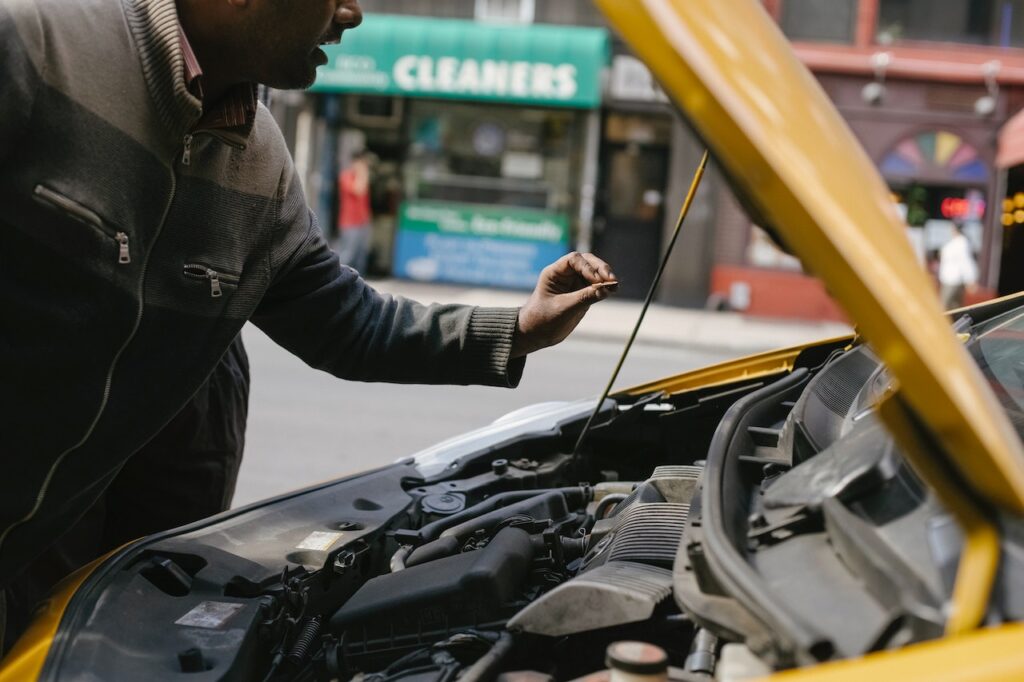10 Ways to Lower Your Car Insurance Costs This Year

No one likes paying for car insurance, but it’s a necessary evil if you want to drive. The good news is that there are some things you can do to lower your car insurance costs this year.
Here are 10 tips:
1. Shop around for the best rates:
One way to lower your car insurance costs is to simply shop around and compare rates from different companies. There are a number of websites that allow you to do this easily and quickly, so there’s no excuse not to take advantage of them. Just make sure that you’re comparing apples to apples in terms of coverage and deductibles.
2. Consider raising your deductible:
Another way to lower your car insurance costs is to raise your deductible. This means you’ll have to pay more out of pocket if you do have an accident, but it will also lower your premium. Just make sure you have enough money saved up in case you do need to use it.
3. Get discounts for being a safe driver:
If you have a clean driving record, be sure to ask your insurer for a safe driver discount. Many companies offer these, and they can save you a significant amount of money.
4. Get discounts for being a good student:
If you’re a student, you may be able to get a discount on your car insurance just for getting good grades. Again, this is something that varies from company to company, so it’s worth checking into.
5. Take advantage of other discounts:
There are a number of other discounts that you may be eligible for that can help lower your car insurance costs. For example, many companies offer discounts for things like having multiple cars on the same policy or having an anti-theft device installed in your car.
6. Use public transportation when you can:
If you live in an area with good public transportation, consider taking advantage of it from time to time. This can help lower your car insurance costs by lowering your mileage and, as a result, your risk of being in an accident.
7. Drive a less expensive car:
If you’re in the market for a new car, keep insurance costs in mind when making your decision. In general, cheaper and smaller cars will cost less to insure than more expensive and larger ones.
8. Don’t get too much coverage:
It’s important to have enough coverage to protect yourself financially if you are in an accident, but you don’t want to overdo it. Getting too much coverage can be a waste of money and may even lead to higher rates if you have an accident and make a claim.
9. Don’t get too little coverage:
Of course, you also don’t want to under insure yourself. This could leave you on the hook for thousands of dollars if you’re in a serious accident. Make sure you have enough coverage to protect your assets, but don’t go overboard.
10. Review your coverage regularly:
Your needs will change over time, so it’s important to review your car insurance coverage on a regular basis. As your circumstances change, you may need more or less coverage. For example, if you buy a new car or move to a new city, you’ll need to adjust your coverage accordingly.
Hopefully, these tips will help you lower your car insurance costs this year. Remember, the best way to save money on car insurance is to be a safe driver and shop around for the best rates. If you do those two things, you should be able to find a policy that’s both affordable and provides adequate coverage.
Conclusion:
If you’re looking to save money on your car insurance this year, there are a few things you can do. First, review your coverages and consider raising your deductibles. This will lower your overall premium costs, but it’s important to make sure you have enough coverage in case of an accident or other unexpected event. Second, shop around for a new carrier or revisit your current one to see if they’re offering any new discounts that could save you money. Finally, take advantage of discounts that may be available to you, including those for low-mileage drivers. By following these tips, you can save money on your car insurance and peace of mind knowing you’re covered in case of an emergency.
